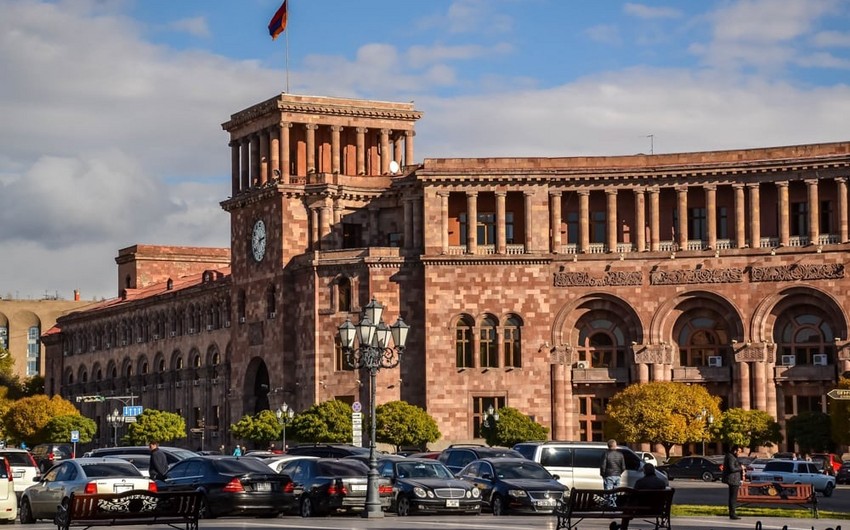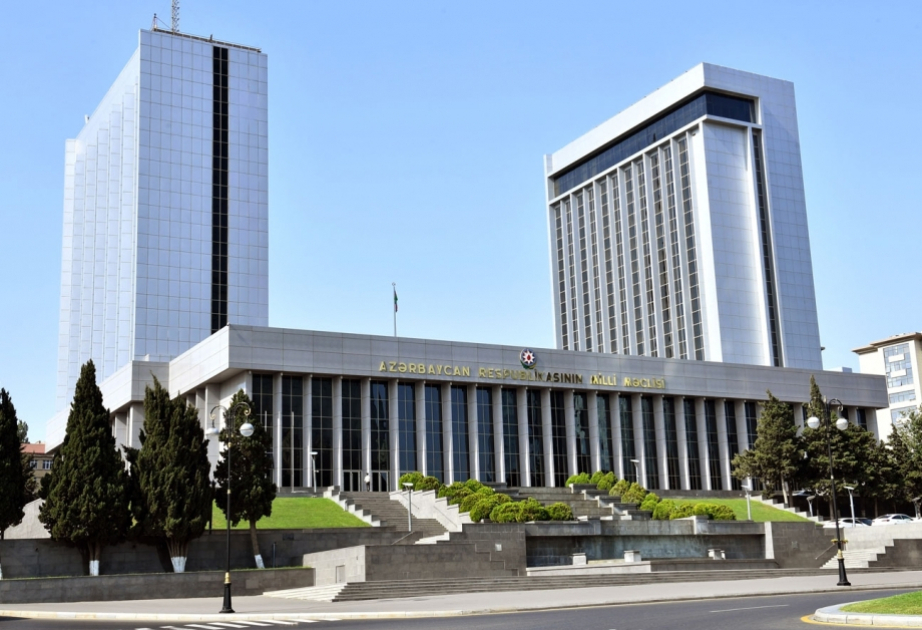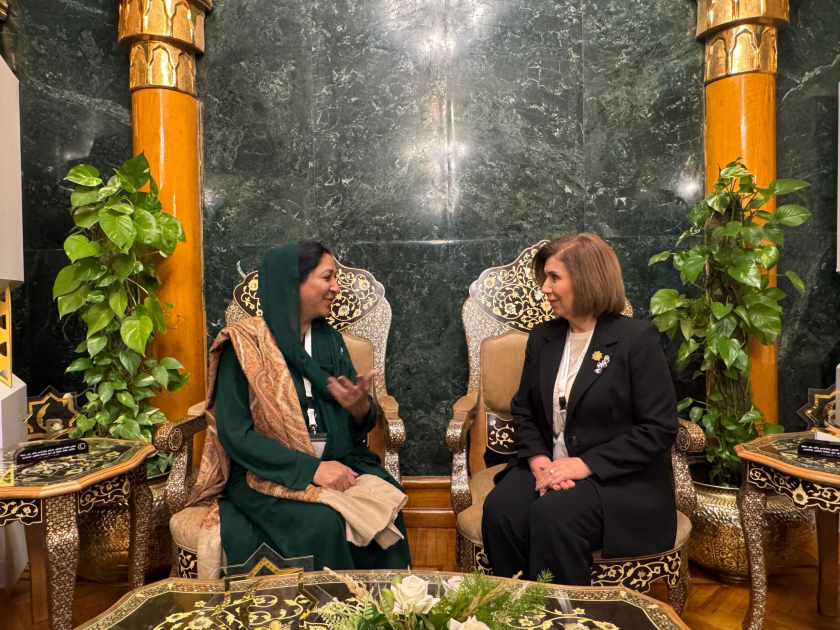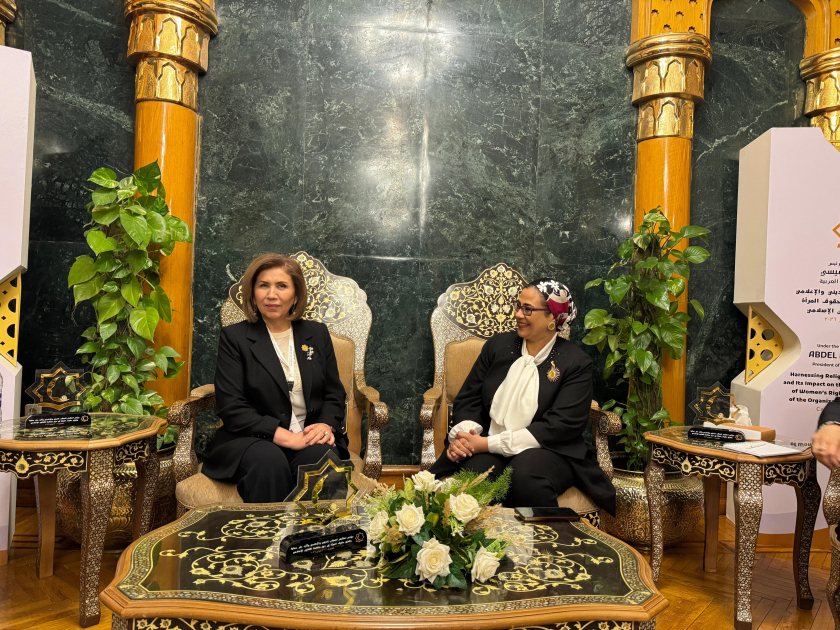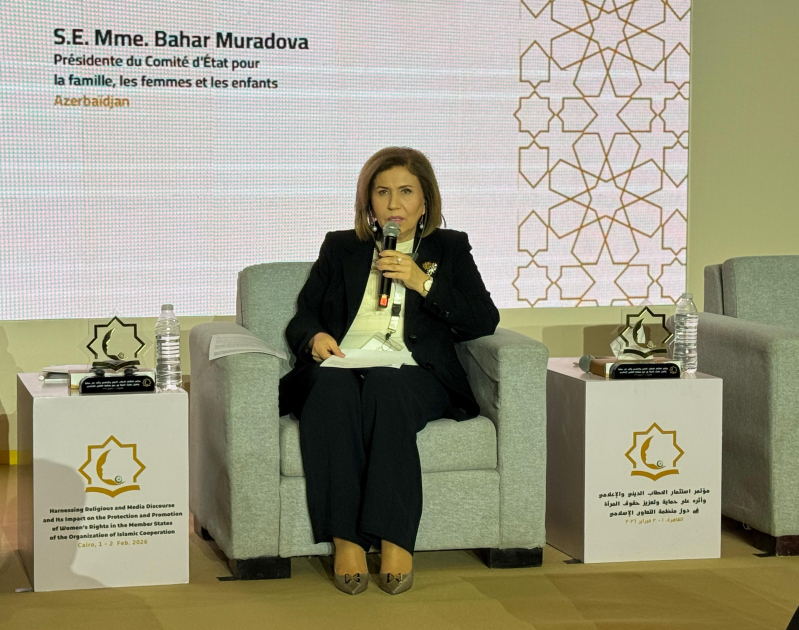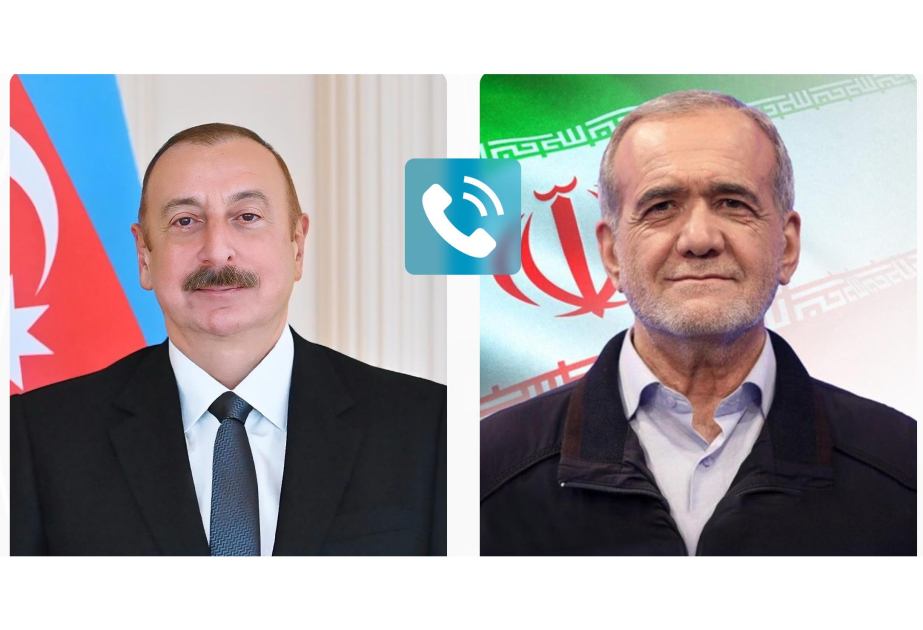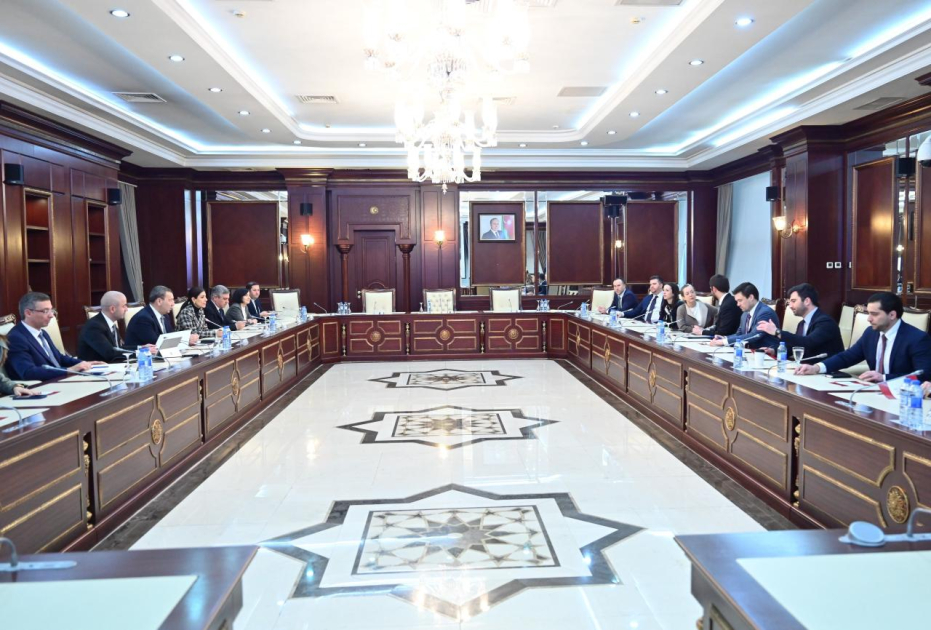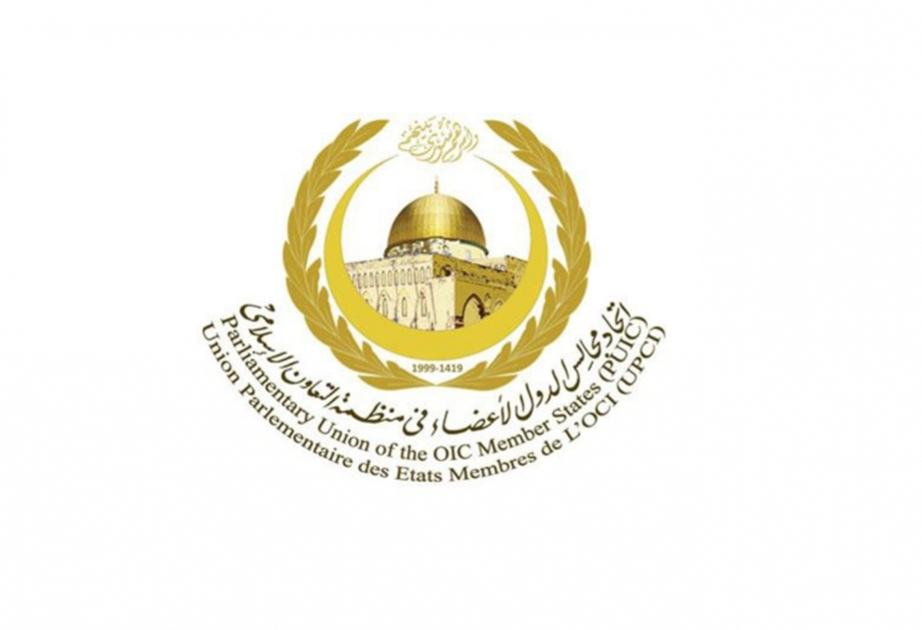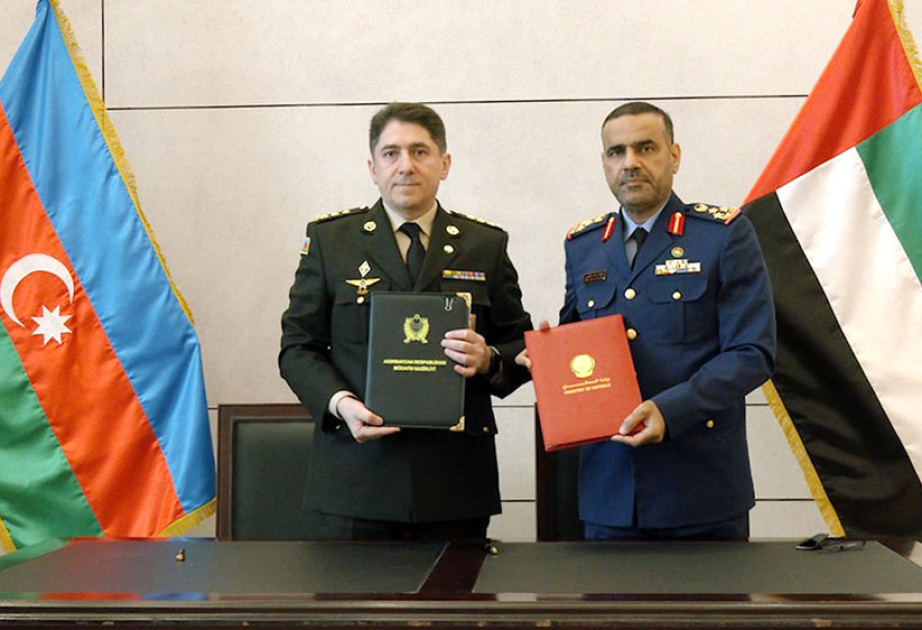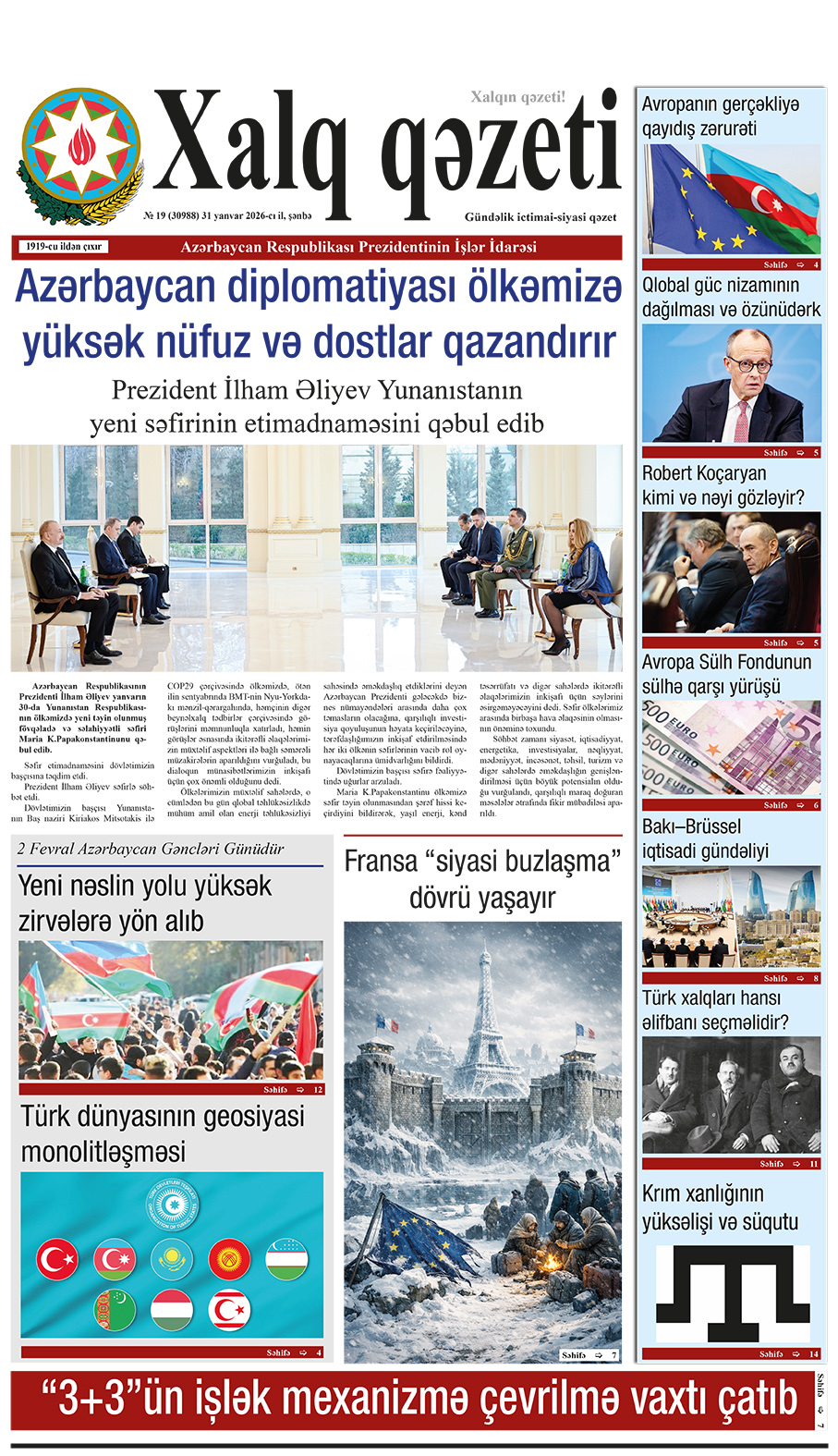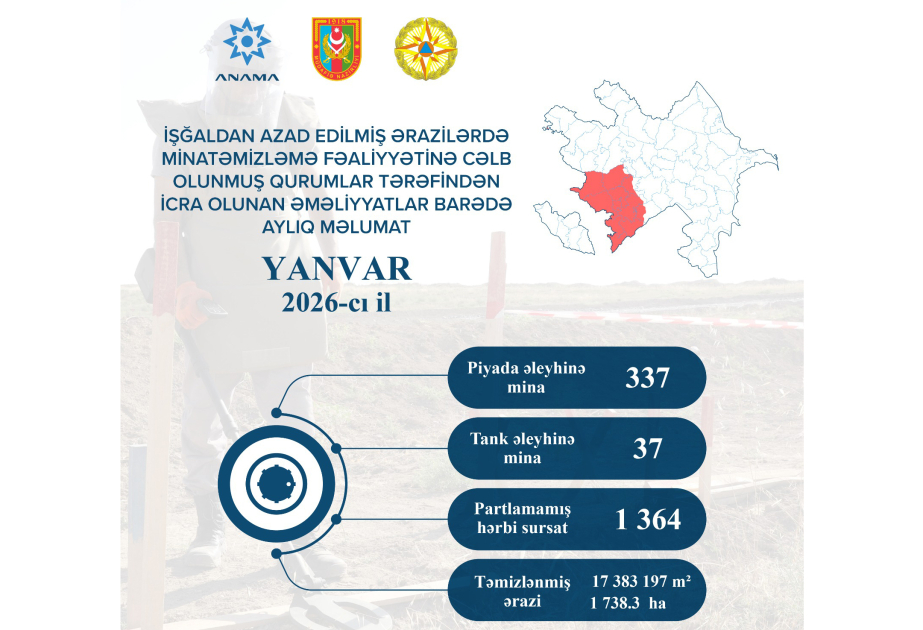Discussions about this continue in Armenia
There is no unequivocal attitude in the country's politics regarding this issue brought up by Prime Minister Nikol Pashinyan. The parliamentary opposition and non-parliamentary revanchist forces against Pashinyan claim that this step of his took place as a result of pressure from Azerbaijan.
There is no basis for this opinion because the Constitution of Armenia has been amended several times in the last 30 years, and this had nothing to do with relations with Azerbaijan. While making changes to the constitution, they did not focus on the articles that would constitute obstacles for Armenia today, and Armenia has only now begun to understand that these steps are wrong. Because Armenia claims to go to peace talks with its neighbors and, of course, the Constitution should have corresponding regulations.
On August 23, 1990, the first session of the Supreme Soviet of Armenia adopted the "Declaration on the Independence of Armenia". This declaration, which is a legal document on the way to independence and shows the ways of political, economic and cultural development of Armenia, consisted of 12 points. In the preamble of the declaration, the legal basis of the independent Republic of Armenia was determined based on the joint decision of the Supreme Soviet of the Armenian SSR and the Nagorno-Karabakh Executive Committee "On the unification of the Armenian SSR and the Nagorno-Karabakh Autonomous Province" dated December 1, 1989.
Paragraph 11 of that declaration declared: "The Republic of Armenia supports the international recognition of the Armenian Genocide in 1915 in Ottoman Turkey and "Western Armenia" (meaning the Eastern Anatolian provinces of Turkey).
Apparently, in the 1991 Declaration of Independence of Armenia, territorial claims were made against both Azerbaijan and Turkey. These claims were included in the Basic Law-Constitution of Armenia adopted in 1995. That's what it's about. In the Declaration and the Constitution, the article recognizing Nagorno-Karabakh, which is the ancient land of Azerbaijan, as an integral part of the territory of Armenia, remains even today. Although the Constitution has been amended in Armenia in different years, these articles have not been changed. Let's also remember that according to the law adopted by the Armenian parliament in 1992 and still in force, no Armenian official can sign any document in which Nagorno-Karabakh is included in Azerbaijan. Without these changes, the contract with Azerbaijan will be in conflict with the Constitution, the remaining of Article 11 will prevent the establishment of relations with Turkey. With the existing Constitution, Armenia cannot sign a peace treaty with Azerbaijan or Turkey.
Unambiguously, both the Declaration of Independence and the 1995 Constitution of Armenia should be changed. We want to emphasize once again that any agreement that will be concluded without renouncing some of its articles will be in conflict with the Constitution. For this reason, the protocols signed in 2009 regarding the normalization of relations with Turkey and the opening of borders were not approved by the Constitutional Court. They are aware of these aspects in Armenia. Some groups of the society see it as a demand of Azerbaijan. This has also been brought to the level of political struggle. In fact, it is not a demand of Azerbaijan, but a correction of the political adventure that was once made as a result of chauvinist mood.
Of course, all this interests Azerbaijan and Turkey. Armenia's policy of enmity against our countries cannot remain in the basic law of the state
President of Azerbaijan Ilham Aliyev said that the Declaration of Independence of Armenia contains direct calls for the annexation of the Karabakh region of our country to Armenia and the violation of the territorial integrity of Azerbaijan, and references to that document are also reflected in the Constitution of Armenia. Also, in many conventions and other documents to which Armenia has joined, there are numerous entries that do not recognize Azerbaijan's sovereignty over Karabakh, and even territorial claims.
Armenian Prime Minister Nikol Pashinyan said at the government meeting on January 19 this year that a new Constitution is needed to make it more competitive and viable in the new geopolitical and regional conditions. It is also stated that the steps to be taken cannot be limited to the change of some articles in the Constitution, it should be the adoption of the new Constitution as a whole. Armenia should go to a referendum to change this law. Without these, Armenia cannot sign any documents with Azerbaijan and Turkey.
In Armenia, they think that Pashinyan is preparing to hold a referendum on the new Constitution in the next 4 months. Armenian publications also write that the West requires additional legitimacy from Nikol Pashinyan in the country in order to sign the peace treaty with Azerbaijan without obstacles. Additional legitimacy is the holding of early elections. There are those who put forward such an opinion that the referendum on constitutional changes and early elections can be held at the same time.
In Armenia, changes should not be made only in the Constitution, changes in the attributes and symbols of the state have also been brought to the agenda. For example, the image of "Mountain of Pain" on the coat of arms of Armenia should be removed, Pashinyan himself stated in a speech that "Mountain of Pain" is not within the borders of Armenia, it is appropriate to replace it with Mount Aragats (Alayaz).
Armenia's anthem contains the phrase "enemy", clearly referring to neighboring Azerbaijan and Turkic nations. Such expressions of hatred should be avoided. "Armenian history" books taught in secondary schools should also be changed. They suggest that this phrase should be "History of Armenia". The phrase "Armenian army" should also be changed.
Thus, the same expression that means the army of Armenians living in America, Russia and other countries is wrong, the army belongs to the Armenian state, etc. Discussions are going in this direction, but Pashinyan's government is facing very serious difficulties. Everyone in this country knows the negative impact of the current situation on the peace process with Azerbaijan. It is also a reality that it is an inevitable process for Pashinyan's rule to continue on a solid basis and legitimately.
Ghafar Chahmaqli,
Professor of Erciyes University of Turkey


